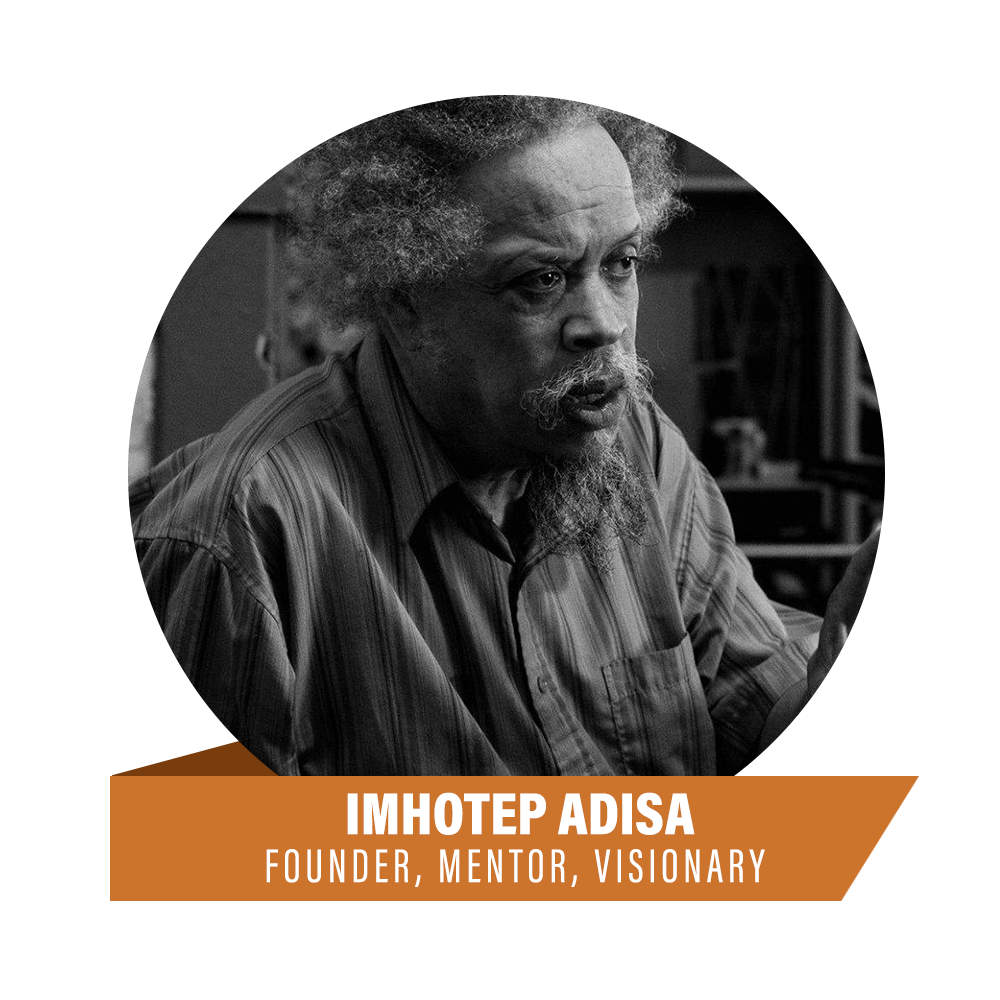“They usually say the races here are getting along amicably now, and we do not want these peaceful relationships disturbed by teaching of new political thought. What they mean to say with respect to the peaceful relation of the races, then, is that the African-Americans have been terrorized to the extent that they are afraid even to discuss political matters publicly.” – Carter G. Woodson, The Mis-education of the Negro (1933)
We must make sure that our conversations are diverse and divergent. This is probably one of the most difficult tasks to accomplish. This becomes even more difficult along racial lines because, to be honest, most institutional power lies in the hands of a few white men. People of Color who engage power often have their abilities to speak frankly and directly compromised by this power dynamic. In these places, the culture itself is dehumanizing people’s contribution because of race and often has negative impact on sense of self worth.
Honesty in these spaces has serious professional consequences for People of Color. In fact, most People of Color who have navigated and managed to be “at the table” have already discovered that open frank conversation with power is a professional suicide mission. In other words, People of Color who call for the equitable distribution of resources can find their jobs at risk, be dropped off of email lists, uninvited to meetings, be labeled as too critical and difficult to work with and find that funding for their organization is cut.Damned if you do, damned if you don’t.
Look Inward First
If institutional power is serious about addressing the challenges of racial equity, it must start by getting its own house in order:
- What’s the makeup of your executive leadership?
- What’s the makeup of your advisory councils?
- What activities/processes are you incorporating into your institution to create a culture of openness and inclusiveness?
Critical Thinking & Divergent Perspectives
Finally, institutions must create an atmosphere that encourages critical thinking and divergent perspectives. To simply have Black people in your leadership circle, on your boards etc. does not guarantee that your input is divergent. If the folks in the room are simply parroting the views and values that already exist in your cultural space, there has been very little accomplished as it relates to bringing about any real change.
- Are you engaging with people with different cultural perspectives?
- Is your leadership engaging with people with no college degrees in a direct way?
- Is your leadership engaging directly with people who have experienced incarceration?
- Does your leadership consider these folks valid sources of knowledge and expertise?
- Does your leadership see these voices as perspectives that should be influencing the direction of your institution?
About the Author

Imhotep Adisa is the Executive Director and Co-Founder of the Kheprw Institute, a non-profit organization focused on youth development in Indianapolis, IN. Over the course of 14 years, Imhotep has guided the Kheprw Institute (KI) as it has blossomed from a small mentorship program serving 5 African American high school males to a mid-size intergenerational multi-racial organization addressing and creating future-oriented solutions for myriads of community challenges: education, environment, economy and empowerment. LEARN MORE

